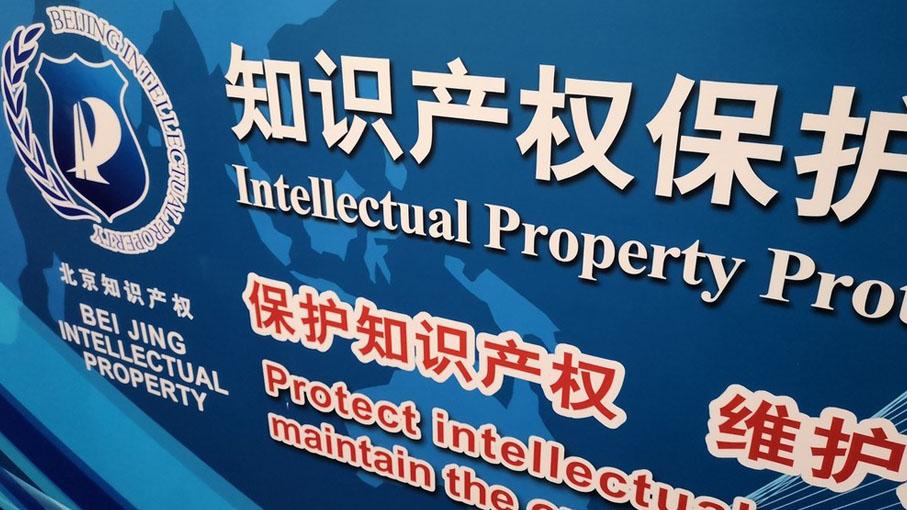Recently, China’s central authority issued the document “Opinions on Strengthening Intellectual Property Rights Protection,” requiring all lower-level authorities to conscientiously implement them in light of actual conditions, reported
The Beijing News.
The document covers a wide range of content, contains many innovative measures and is highly feasible, while setting out specific targets to be achieved in 2022 and 2025, which have gained widespread attention and praise, read the report.
But some people still doubt whether these measures can finally be implemented and whether the targets can be achieved in such a short time, wrote Lin Wei, managing partner of the Beijing-based Dare & Sure Law Firm, for the newspaper.
Lin first stressed that strengthening the protection of IPRs results not from the pressure of the international community, but is an inherent requirement expected by the changes in China’s economic structure – a shift toward quality growth. Also the country is deeply enmeshed in global industrial chains, with many of its tech companies competing internationally. It is now urgent for China to improve the original innovation ability, the quality of IPRs, and their protection.
The lawyer then concluded from his work experience and observations that China has been continuously strengthening its IP protection, especially in the last two years. Many measures are being rolled out at a quicker pace and have been gradually implemented.
At the legislative level, China increased the maximum amount of compensation for violating IPRs, he wrote. Since 2018, the revised Trademark Law and the Anti-Unfair Competition Law, as well as the Amendment to Patent Law under deliberation now, all raised the compensation times and the upper limit of the legal amount of compensation. Besides, it is easier to obtain injunctions before and during litigation, and the patent system is more in line with international standards, both reflecting strengthened IPRs protection.
At the judiciary level, China has basically formed a specialized court system for intellectual property trials. Under the new framework, China is improving the quality of IP cases, unifying standards, and forming a professional legal community, Lin said.
Addressing the problem that the IP courts in Beijing, Shanghai and Guangzhou are overwhelmed by the huge influx of IP cases, the latest document also mentions solving the “long cycle” of rights protection for rights holders, he wrote.
From a macro point of view, nurturing and protecting intellectual property is a strategic choice for any modern, innovation-driven country, including China, Lin said. The IP legal system in China cannot be an imitation of others, but must be a huge breakthrough by itself.

 Old Version
Old Version